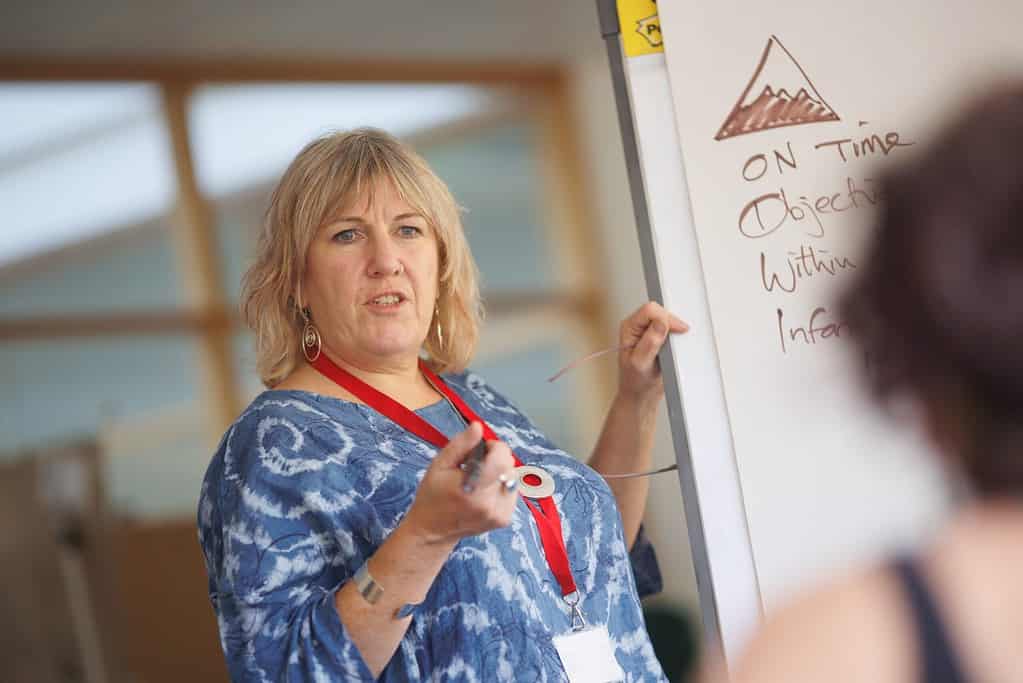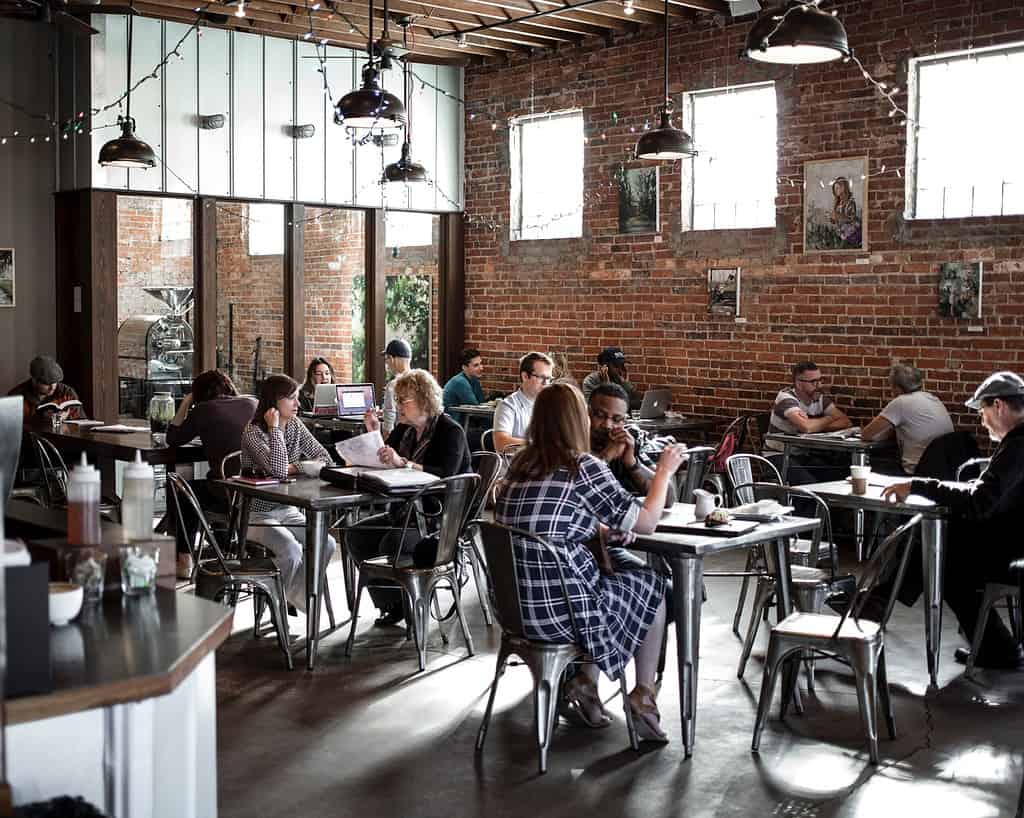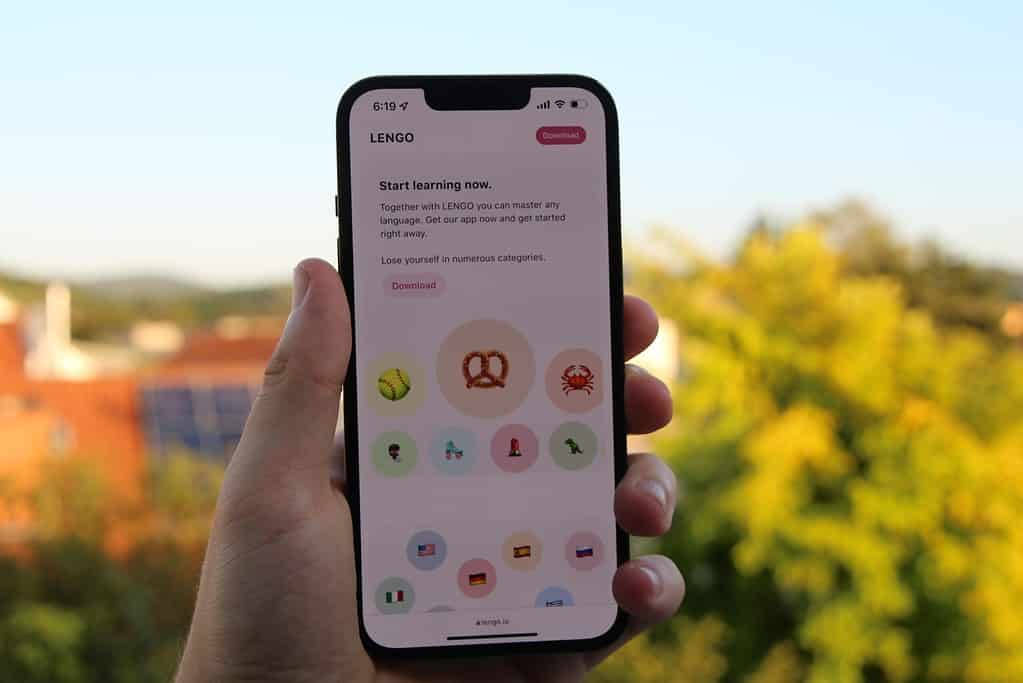In an increasingly interconnected world, learning a new language has become a valuable asset. Among the plethora of languages available, French stands out not only for its beauty but also for its global significance. Engaging in a French language exchange program can be an effective and enjoyable way to enhance language skills while immersing oneself in the culture. This guide aims to provide a comprehensive overview of French language exchange programs, offering insights into their benefits, types, and how to get started.
Understanding Language Exchange Programs
Language exchange programs are designed to facilitate mutual learning between individuals who speak different languages. Participants typically pair up, with one person teaching their native language while learning the other’s. This reciprocal arrangement fosters an environment of collaboration and cultural exchange.

The Concept of Language Exchange
At its core, language exchange is about connection. It allows learners to practice speaking, listening, reading, and writing in a new language while also sharing their own linguistic knowledge. This two-way street not only enhances language proficiency but also builds friendships across cultures. The beauty of language exchange lies in its informal nature; it often takes place in relaxed settings such as cafes or community centres, where participants can engage in conversations that feel more like friendly chats than formal lessons. This atmosphere encourages participants to speak freely, make mistakes, and learn from each other in a supportive environment.
Benefits of Language Exchange
Participating in a French language exchange program offers numerous advantages. Firstly, it provides an opportunity to practice speaking with native speakers, which is crucial for mastering pronunciation and understanding colloquial expressions. Secondly, it allows learners to gain insight into French culture, customs, and social nuances that textbooks often overlook. For instance, through conversations, participants might discover idiomatic phrases that are commonly used in everyday situations or learn about regional dialects that vary across France. Lastly, language exchange can be a cost-effective alternative to traditional language classes, making it accessible to a wider audience. Additionally, these programs often lead to lasting friendships, as participants bond over their shared experiences and interests, creating a network of global connections that extends beyond language learning.
Types of French Language Exchange Programs
French language exchange programs come in various forms, catering to different preferences and learning styles. Understanding these types can help individuals choose the right fit for their language-learning journey.

In-Person Exchanges
In-person exchanges involve meeting face-to-face with a language partner. This format can take place in cafés, libraries, or community centres. Engaging in conversations in a relaxed environment allows learners to practice their skills in real-time. Additionally, in-person interactions can lead to deeper connections and a more immersive experience. The nuances of body language and facial expressions can significantly enhance communication, providing learners with a richer understanding of the language. Moreover, these exchanges often foster a sense of community, as participants may share cultural insights and personal stories, enriching the learning experience further.
Online Language Exchange Platforms
With the rise of technology, online language exchange platforms have gained popularity. Websites and apps such as Tandem, HelloTalk, and Speaky connect language learners from around the globe. These platforms often include features like text, voice, and video chat, enabling users to communicate in various ways. Online exchanges can be particularly beneficial for those who may not have access to local partners or prefer the flexibility of virtual meetings. Furthermore, these platforms often allow users to set their own schedules, making it easier to fit language practice into busy lives. Some even offer language learning resources, such as vocabulary lists and grammar tips, enhancing the overall educational experience.
Group Language Exchange Events
Group language exchange events are another exciting option. These gatherings often take place in informal settings, where multiple learners and native speakers come together to practice their language skills. Such events can include structured activities, games, and discussions, making learning fun and engaging. They also provide a chance to meet different people and broaden one’s social network. The dynamic atmosphere of group exchanges encourages participants to step out of their comfort zones, as they navigate conversations with various individuals, each bringing their unique perspectives and dialects. Additionally, these events can often lead to friendships beyond language learning, creating a supportive community that shares a common interest in cultural exchange and personal growth.
How to Find a French Language Exchange Partner
Finding the right language exchange partner is crucial for a successful learning experience. Here are some practical steps to help in the search.
Utilising Online Platforms
As mentioned earlier, online platforms are a fantastic resource for finding language partners. Users can create profiles highlighting their language skills, interests, and learning goals. By browsing through potential partners, learners can connect with individuals who share similar interests or learning objectives, making conversations more enjoyable and relevant.
Joining Local Language Groups
Many cities have language clubs or meet-up groups dedicated to language learning. Joining these groups can provide opportunities to meet native French speakers and fellow learners in a relaxed setting. Local universities and community centres often host language exchange events, making it easier to connect with others who are also eager to practice their language skills.
Social Media and Community Forums
Social media platforms and community forums can also be valuable tools for finding language exchange partners. Groups on Facebook, Reddit, or language-specific forums allow users to post requests for partners or join discussions with others interested in learning French. Engaging in these communities can lead to fruitful connections and collaborative learning experiences.
Tips for a Successful Language Exchange
Once a language partner has been found, it’s essential to establish a productive and enjoyable exchange. Here are some tips to ensure a successful experience.
Set Clear Goals
Before starting the exchange, both participants should discuss their goals. Whether it’s improving conversational skills, expanding vocabulary, or practising grammar, having clear objectives can help guide the sessions. Setting specific targets also allows for measurable progress, which can be motivating for both partners.
Balance the Conversation
To maximise the benefits of the exchange, it’s important to balance the conversation time between both languages. For instance, if one partner is a native French speaker and the other is a native English speaker, they could dedicate half the time to speaking French and the other half to English. This ensures that both partners benefit equally from the exchange.
Be Patient and Encouraging
Language learning can be challenging, and mistakes are a natural part of the process. Partners should approach each session with patience and encouragement, creating a supportive environment where they can learn from one another. Celebrating small victories and providing constructive feedback can foster a positive learning experience.
Overcoming Challenges in Language Exchange
While language exchange programs are incredibly beneficial, they may also present certain challenges. Being aware of these potential hurdles can help participants navigate them more effectively.
Language Barriers
Initially, language barriers may cause frustration. If one partner is significantly more proficient than the other, it can lead to imbalanced conversations. To overcome this, both partners should be open to discussing their comfort levels and adjusting the pace of the exchange. Incorporating visual aids, such as pictures or written notes, can also facilitate understanding.
Scheduling Conflicts
Finding a suitable time for both partners can be tricky, especially if they live in different time zones. Establishing a regular schedule at the outset can help alleviate this issue. Flexibility is key; if one partner is unable to meet, rescheduling should be considered without causing undue stress.
Motivation and Commitment
Maintaining motivation can be challenging, particularly if progress seems slow. Partners should encourage each other to stay committed by setting regular goals and celebrating achievements. Additionally, incorporating fun activities, such as watching French films or cooking French recipes together, can keep the exchange engaging and enjoyable.
Resources for Enhancing Language Exchange
To make the most of a French language exchange program, participants can utilise various resources that complement their learning experience.

Language Learning Apps
Apps like Duolingo, Babbel, and Memrise can serve as excellent supplementary tools for language learners. These platforms offer interactive exercises, vocabulary drills, and grammar lessons that can reinforce what is learned during exchanges. Using these apps in conjunction with conversations can enhance overall language proficiency.
French Media
Engaging with French media is another effective way to improve language skills. Watching French films, listening to French music, or reading French books can expose learners to different accents, dialects, and cultural references. This exposure can enrich conversations during language exchanges and provide context for language use.
Online Language Resources
Numerous websites offer free resources for language learners, including grammar guides, vocabulary lists, and pronunciation tips. Websites like FluentU and Lawless French provide a wealth of information that can be beneficial for both beginners and advanced learners. Incorporating these resources into the learning process can lead to a more well-rounded understanding of the French language.
Conclusion
French language exchange programs offer a unique and effective way to learn the language while fostering cultural connections. By understanding the various types of exchanges, finding the right partner, and utilising available resources, learners can enhance their language skills in a supportive and engaging environment. Whether through in-person meetings, online platforms, or group events, the journey of learning French through language exchange is not only educational but also immensely rewarding. Embracing the challenges and celebrating the successes along the way can lead to a fulfilling language-learning experience that extends beyond mere vocabulary and grammar.
Ultimately, the key to success in any language exchange program lies in commitment, patience, and a willingness to embrace the beauty of language and culture. So, take the plunge, find a partner, and embark on an exciting journey into the world of French language and culture!
Start Your French Language Exchange Journey with swaplang
Ready to enhance your French speaking skills and immerse yourself in language and culture? Sign up at swaplang today to schedule your live language exchange with native speakers. Whether you’re at home or on the go, our platform makes it easy to find the perfect partner and start practicing instantly. Don’t miss this chance to gain confidence and fluency in French through one-on-one conversation practice. Join swaplang now and take the next step in your language learning adventure!

















